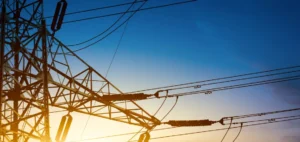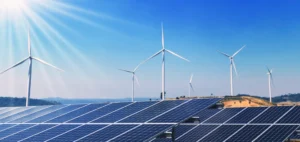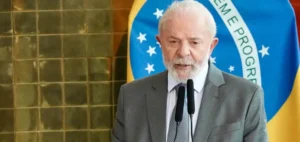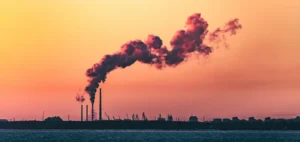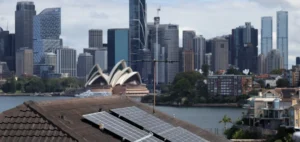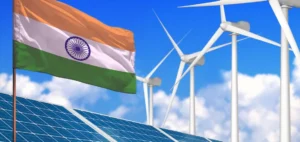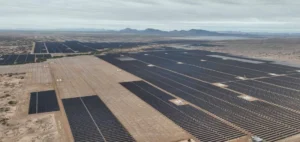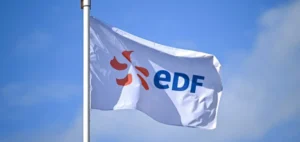The fight against climate change has entered a new legal chapter with the opening of historic hearings at the International Court of Justice (ICJ) in The Hague. These hearings aim to define the legal responsibilities of states in addressing global warming. Initiated by Vanuatu and other highly exposed island nations, this move marks a decisive step in the international mobilization against this global crisis.
Starting this Monday, the ICJ will hear arguments from more than 100 countries and organizations. This record number highlights the scale of expectations placed on the court, as the international community struggles to find a consensus on concrete actions to limit warming to 1.5°C. The debates revolve around two key questions submitted by the United Nations General Assembly in 2023. The first addresses states’ obligations under international law to reduce greenhouse gas emissions. The second examines the legal implications of damage caused, particularly for the most vulnerable nations.
A tense climate backdrop
These hearings follow the conclusion of COP29, recently held in Azerbaijan. This event underscored the persistent divisions between developed and developing nations. While major industrial powers agreed to mobilize $300 billion annually by 2035 for climate financing, island nations deemed this commitment insufficient and disconnected from their harsh realities.
Vanuatu, the principal initiator of this ICJ approach, emphasized the urgency of clarifying international legal obligations on climate. “We are on the front line of climate change impacts,” stated Ralph Regenvanu, Vanuatu’s special envoy for climate. This declaration reflects the stance of Pacific island states, grappling with rising sea levels and extreme weather conditions.
An advisory opinion awaited with caution
Activists hope the ICJ’s advisory opinion, though non-binding, will represent a major legal breakthrough. According to Joie Chowdhury, an environmental law expert, this opinion could establish a universal legal framework to guide climate litigation, both nationally and internationally. However, others remain skeptical about the real impact of such a decision, noting that delays and the non-binding nature of the opinion may limit its influence.
Among the world’s largest contributors to emissions, countries like China, the United States, and India are expected to present their positions. Their stances will significantly shape the deliberations, especially as CO2 emissions from fossil fuels reached record levels in 2024, according to the Global Carbon Project.
The outcomes of these hearings will provide deeper insights into the role of international law in addressing climate challenges and pave the way for further legal debates on state responsibilities.









